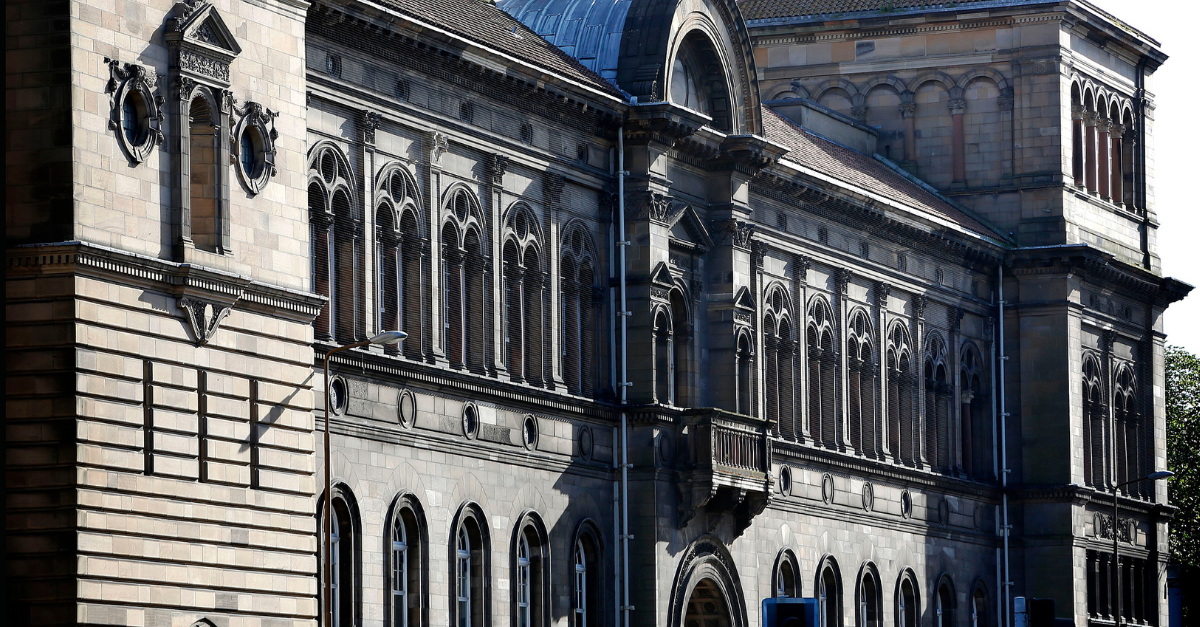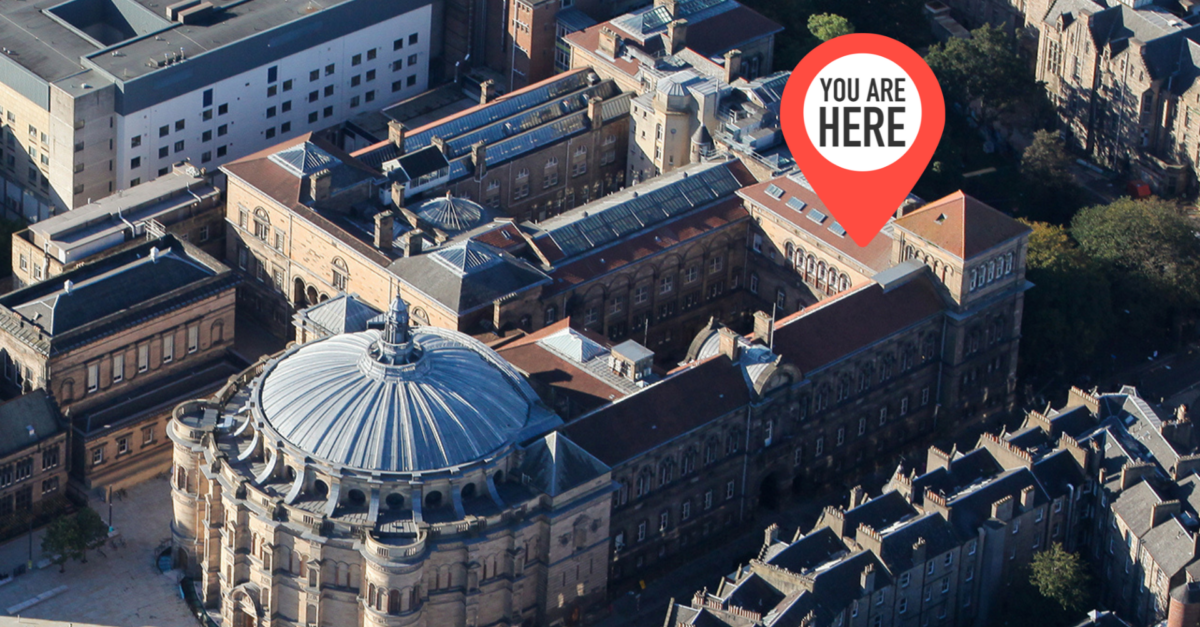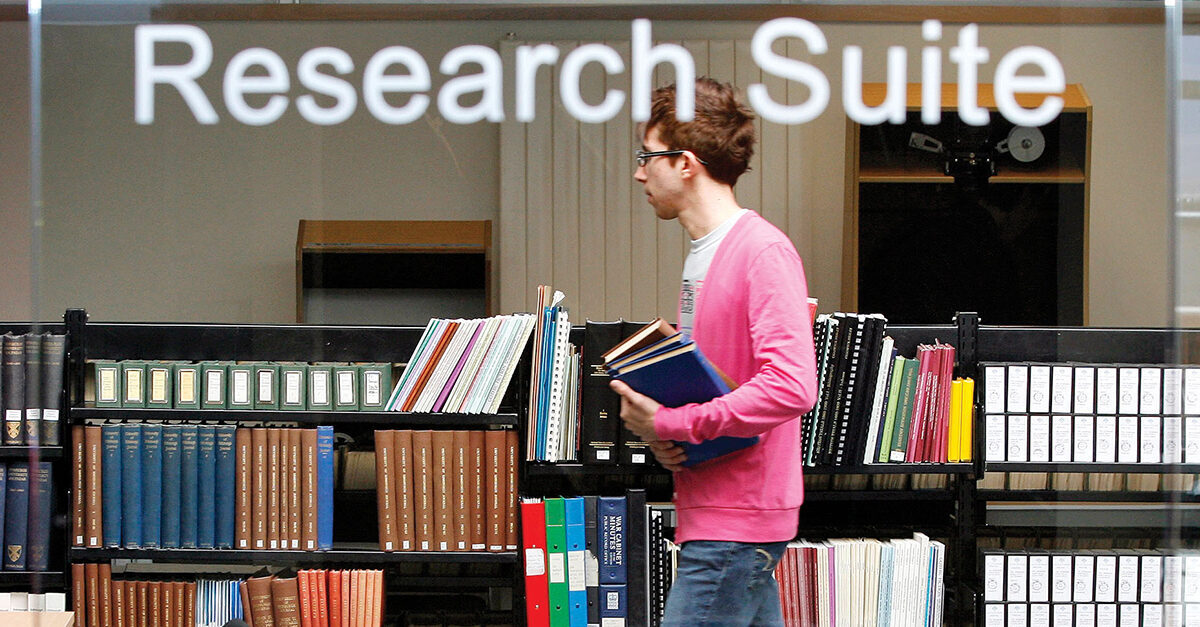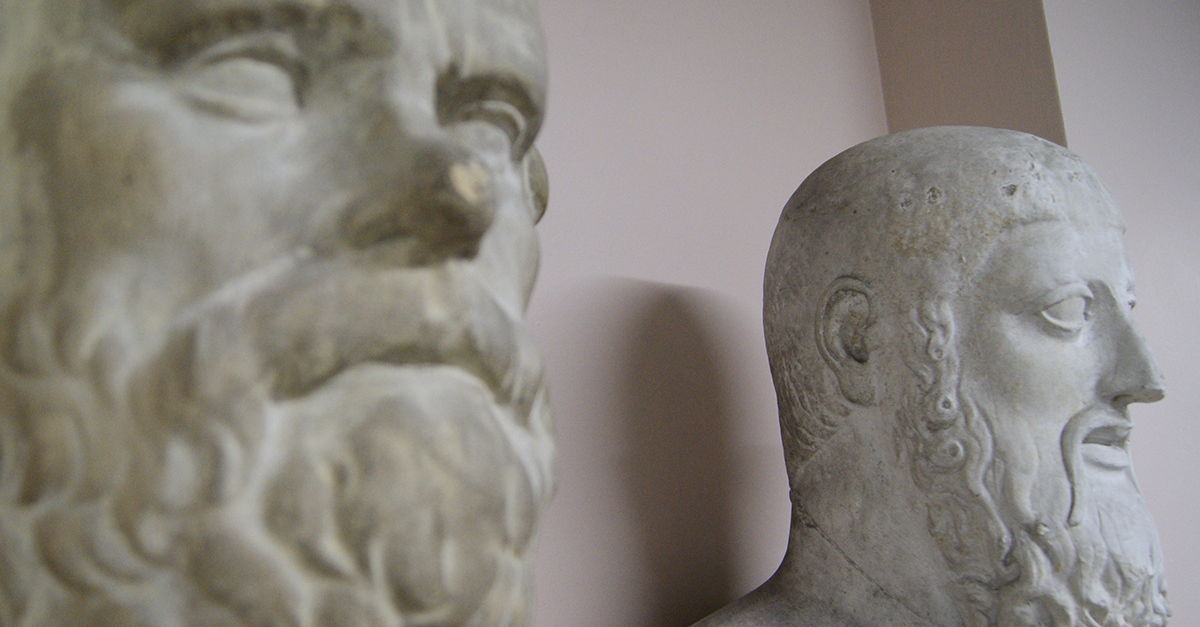Category: Student Ambassadors 2023-24
Tanvi shares her experience of being an international student, and the supportive community of School of History, Classics and Archaeology. Student life in Edinburgh is colourful and multifaceted, and this is something that the University has continued to provide throughout my time as a student here. My experience at the School of History, Classics and Archaeology […]
Lockdown taught us that you don’t really need to be somewhere physically to get the work done, right? History student Olivia might disagree. When I started university, I didn’t really spend much time in the William Robertson Wing – the home of the School of History, Classics and Archaeology, or HCA as it’s usually known. […]
Embarking on a postgraduate journey is undoubtedly an exciting and intellectually rewarding endeavour, but it does require a significant amount of time, effort and dedication. How can you get the most out of your studies, without experiencing burnout? MSc Intellectual History student Lena offers her thoughts. Taking the decision to study at a postgraduate level […]
Twice the fun or double the trouble? Student Ambassador Aalish is studying a joint honours degree. I made the choice to study Chinese and History simply because I love learning a language and history has always had a soft spot in my heart. Studying a language alongside history presents its own unique challenges, not only […]





